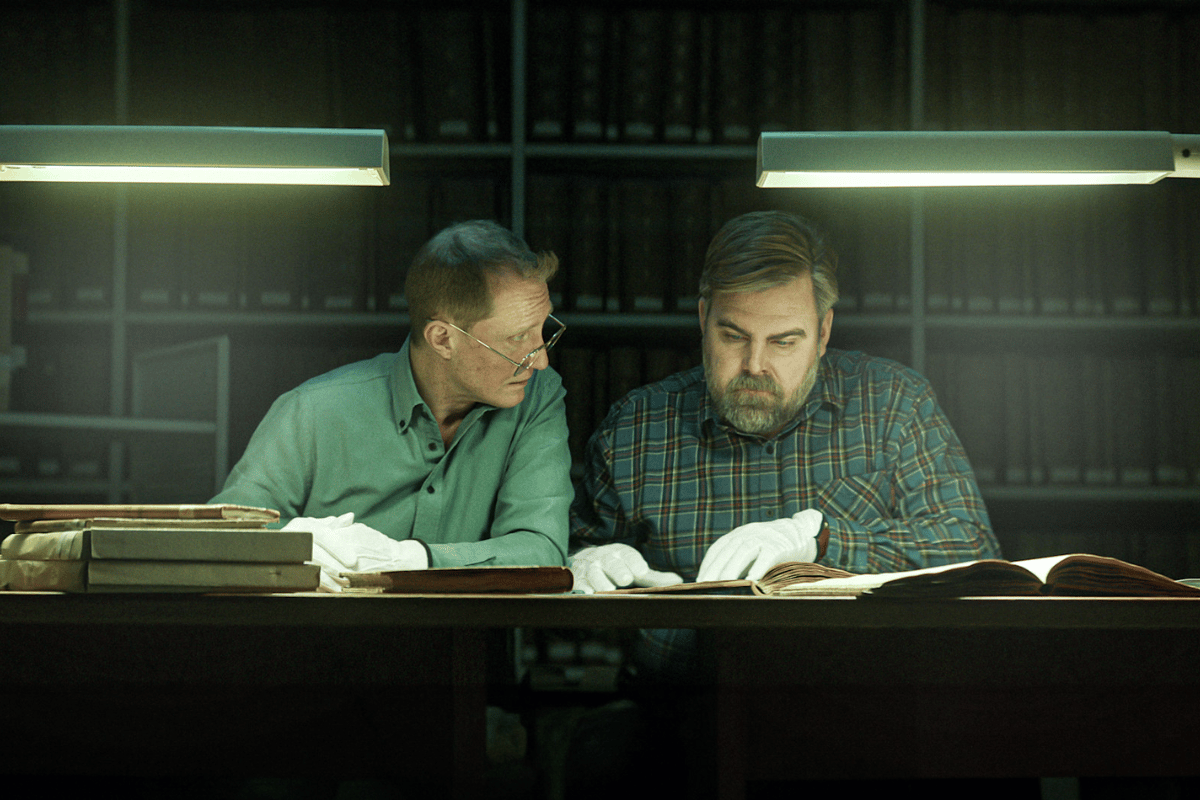
On the morning of October 19, 2004, a tragic and seemingly senseless act of violence shattered the tranquillity of Linköping, a small Swedish town.
Eight-year-old Mohammed Ammouri was making his way to school when a masked individual viciously attacked and fatally stabbed him.
Nearby, 56-year-old Anna-Lena Svensson witnessed the horrifying incident and courageously tried to intervene, but tragically lost her life in the process.
Watch: SBS Insight 'DNA Secrets' with Amy Tan. Post continues after video.
The randomness and brutality of the murders horrified the nation.
With no apparent connection between the victims and no clear motive, investigators were left with a puzzling and chilling case. Their only significant lead was DNA evidence from the crime scene, including the perpetrator's discarded hat.
Despite exhaustive efforts, the DNA didn't match any profiles in existing databases. Over time, the case went cold, becoming one of Sweden's most notorious unsolved crimes.
Though public attention eventually faded, Swedish detectives and the victims' families remained steadfast in their pursuit of justice.






























































































